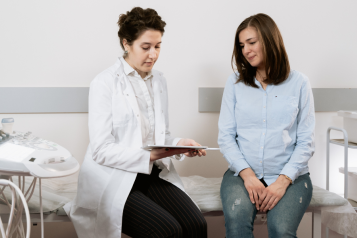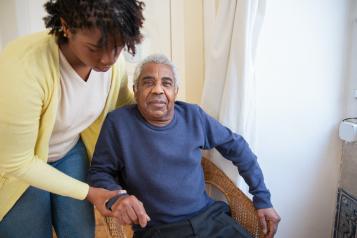Sexual Health - Antibiotic Resistant Sexually Transmitted Infections's (STI's)

This reminder comes as a case of antibiotic-resistant Neisseria gonorrhoeae, the bacteria which causes gonorrhoea, was confirmed in a heterosexual man living in the UK.
This strain of N. gonorrhoeae is resistant to the antibiotic ceftriaxone, the last remaining treatment for gonorrhoea. Fortunately the man has been treated successfully and investigations to identify and limit onward transmission are underway by UKHSA and sexual health clinical teams.
Investigations suggest the man, in his early 20s, acquired the infection in London during November. Ceftriaxone resistance is common in the Asia-Pacific region but is rarely found in the UK.
Dr Katy Sinka, STI Section Head at UKHSA, said:
Finding this strain of gonorrhoea in the UK serves as a stark reminder of the problem of antibiotic resistance in this common sexually transmitted infection (STI).
To reduce the risk of gonorrhoea and other STIs, we recommend using condoms consistently and correctly with all new or casual partners.
If you recently developed any STI-related symptoms such as an unusual discharge, avoid sexual contact and get a sexual health screen.
STI testing is free is available through online services or by contacting local sexual health services.
Click here for information about local and online Sexual Health Services
UKHSA actively monitors, and acts on, the spread of antibiotic resistance in gonorrhoea and potential treatment failures and, when ceftriaxone resistant strains are identified, implements prompt public health action to limit further spread.
Typical symptoms of gonorrhoea include:
- a thick green or yellow discharge from the vagina or penis
- pain when urinating, pain and discomfort in the rectum
- in women and other people with a uterus or ovaries, lower abdominal pain and bleeding between periods.
However, often people infected with gonorrhoea will have no symptoms especially for infections in the throat, vagina or rectum.
Treating gonorrhoea as soon as possible is very important as it can lead to serious long-term health problems, in women and other people with a uterus or ovaries, gonorrhoea can spread to the reproductive organs and cause pelvic inflammatory disease (PID).
PID can lead to long-term pelvic pain, ectopic pregnancy and infertility. In men and other people with testes, it can cause a painful infection in the testicles and prostate gland, which may lead to reduced fertility in some cases.
You can read more about gonorrhoea on the NHS website here:


